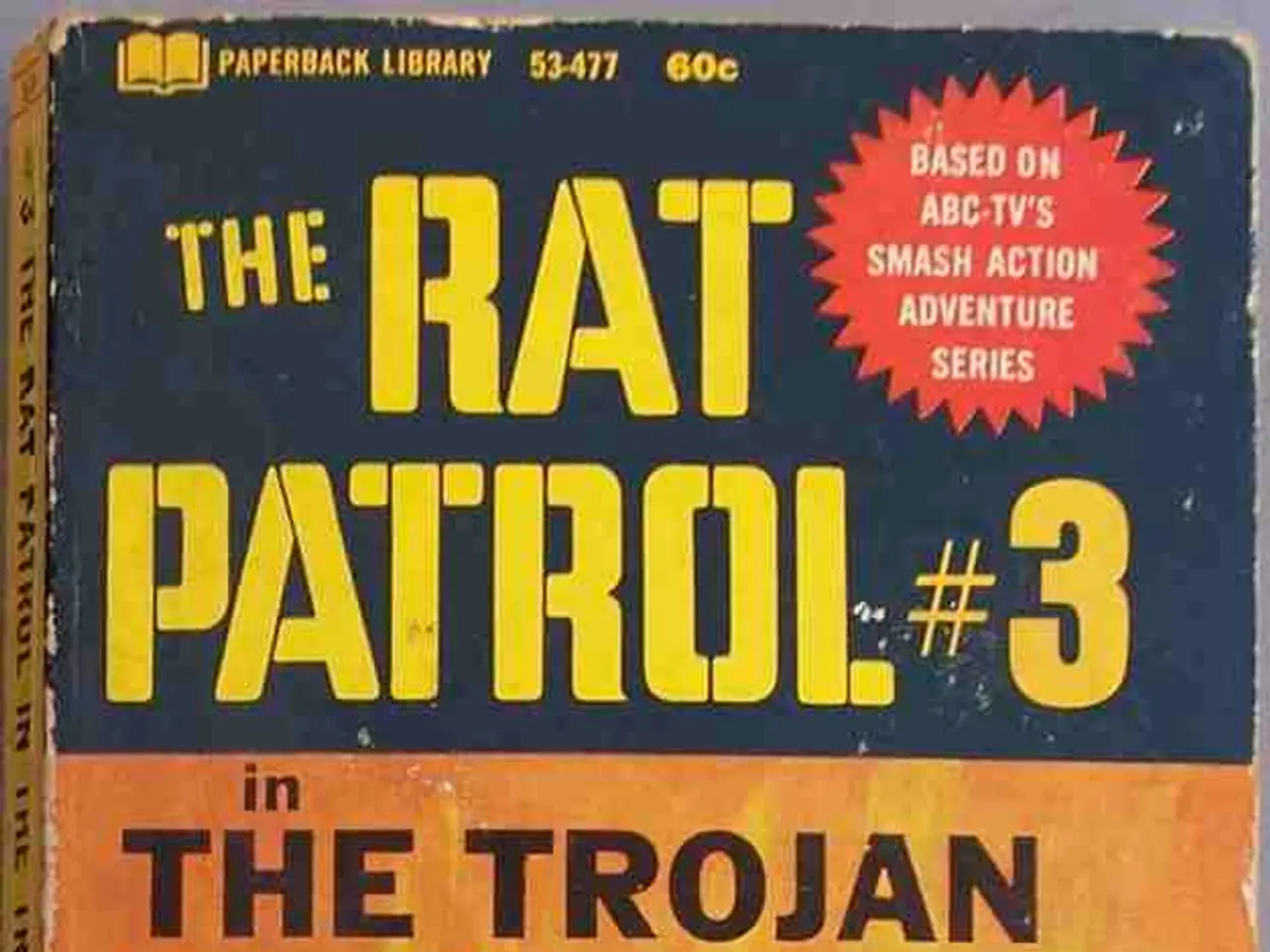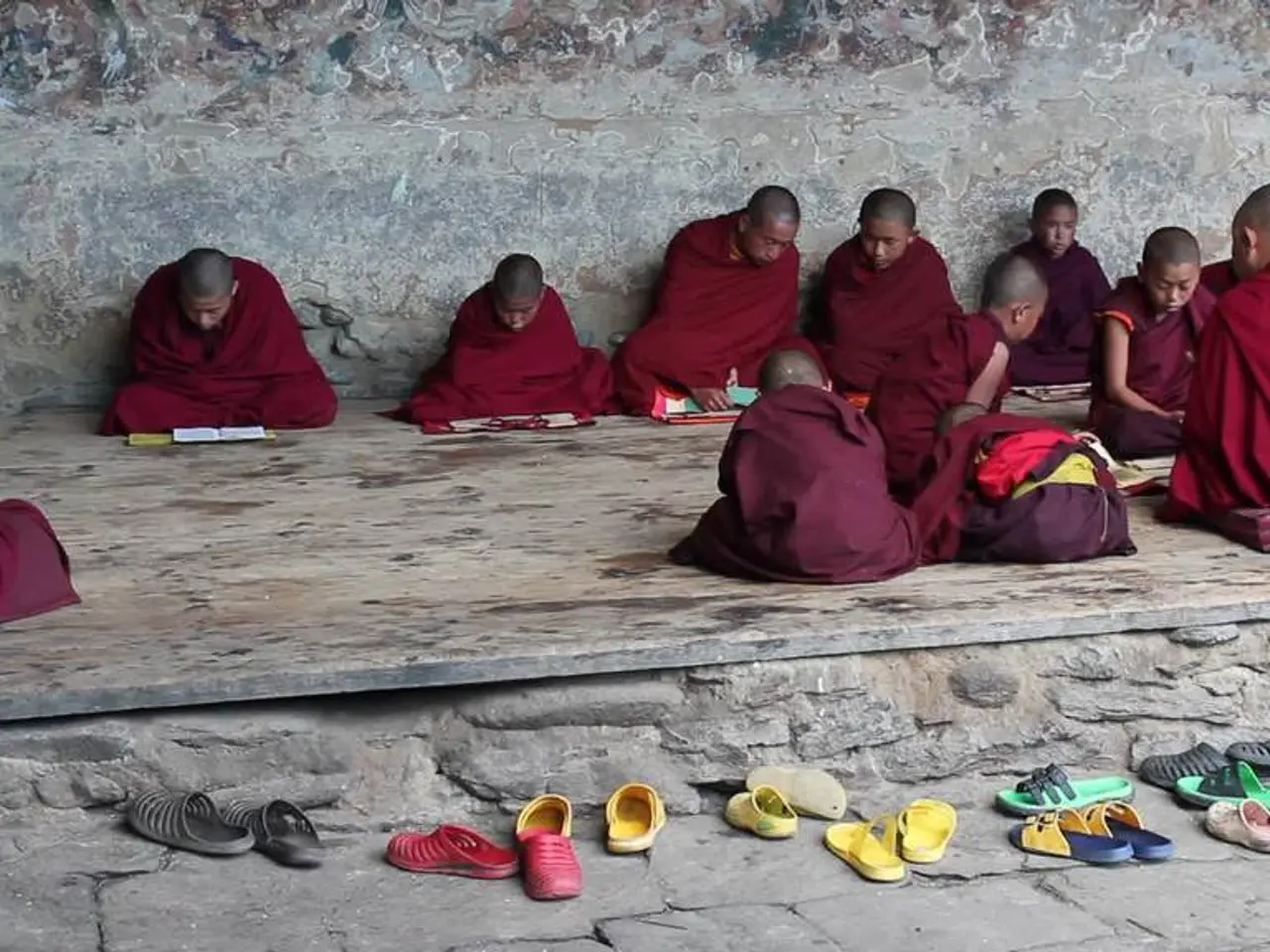Espionage, Sabotage, and Fear: The Era of Spy Games and Political Intimidation During the Cold War
In the realm of historical analysis, the Cold War and the ideological struggle against communism are often viewed through a distinct lens compared to the treatment of Nazism. This contrast is highlighted by John Lewis Gaddis, a leading Cold War historian, who sees the Cold War as an ideological rivalry between liberal democracy and communism, rather than a straightforward military conflict.
Gaddis's perspective on the Cold War underscores the period as a prolonged ideological and political contest, characterised by a sustained geopolitical and ideological competition. This competition was marked by the Soviet Union's imposition of communist regimes in Eastern Europe and the exploitation of their resources, contrasting sharply with Western efforts to rebuild and stabilise Western Europe under capitalist liberal-democratic frameworks.
In comparison, Nazism is typically analysed as a totalitarian and genocidal regime responsible for World War II and the Holocaust, viewed unequivocally as an evil to be defeated and dismantled. The Cold War, from Gaddis's viewpoint, functions more as an ideological antagonist engaged in a protracted contest of influence, propaganda, and political control, rather than a universally condemned criminal regime like Nazism.
This distinction in framing reflects Gaddis's emphasis on the Cold War as a prolonged ideological and political contest, different in kind from the treatment of Nazism's immediate and catastrophic threat in history.
Fast forward to the present day, and concerns about communism and its potential infiltration into the United States are resurfacing. Chinese media outlet Lude Media has claimed that China is planning to infiltrate two field armies into the United States, with the Chinese generals' plan being a topic of speculation and worry. The open border to the south also raises concerns, as it could potentially make a form of attack on the U.S. possible.
The political landscape in the U.S. has also seen a shift in rhetoric, with accusations flying between political leaders. At the White House Correspondents' Dinner, President Biden accused his predecessor, Donald Trump, of being an enemy of democracy, while Trump has started using the slogan, "Stop Biden's border bloodbath."
This renewed focus on communism and its potential threats to the U.S. echoes earlier historical accounts, such as the infiltration of communist troops into South Vietnam by Ho Chi Minh, forming the National Liberation Front (NLF) or Viet Cong, and using tactics such as assassinations, stockpiling weapons, and blackmailing local villages for food supplies.
However, it is crucial to approach these claims with a discerning eye, as not all accusations of communist infiltration may be based on fact. For instance, Biden's statement about Trump was intended to distort the meaning of Trump's words, according to some sources.
In conclusion, the Cold War's legacy continues to shape our understanding of communism and its potential threats, while modern-day concerns about infiltration and political manoeuvring highlight the need for vigilance and critical thinking. As we navigate these complex issues, it is essential to maintain a clear and factual understanding of the historical context and the current landscape.
- John Lewis Gaddis, a prominent Cold War historian, positions the Cold War as an ideological rivalry between liberal democracy and communism, characterizing it as a prolonged ideological and political contest.
- The Soviet Union's imposition of communist regimes in Eastern Europe and exploitation of resources is a testament to the geopolitical competition of the Cold War, contrasting Western efforts to rebuild and stabilize Western Europe under capitalist liberal-democratic frameworks.
- In the present day, concerns have resurfaced about communism and its potential infiltration into the United States, with allegations that China is planning to infiltrate two field armies into the US, raising security concerns.
- The political landscape in the US has witnessed a shift in rhetoric, as political leaders accuse each other publicly, such as President Biden labeling his predecessor, Donald Trump, an enemy of democracy, and Trump using the slogan, "Stop Biden's border bloodbath."
- Comparatively, the infiltration of communist troops into South Vietnam by Ho Chi Minh during the Cold War resulted in the formation of the National Liberation Front (NLF) or Viet Cong, employing tactics like assassinations, weapon stockpiling, and blackmailing local villages for food supplies.
- Critical thinking is essential in today's political climate, as not all accusations of communist infiltration may be based on fact, such as Biden's statement about Trump, which intended to distort the meaning of Trump's words, according to some sources.








